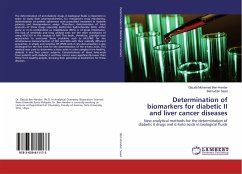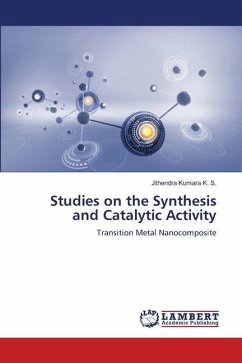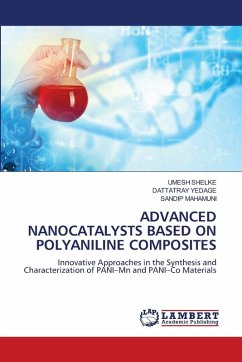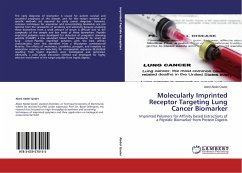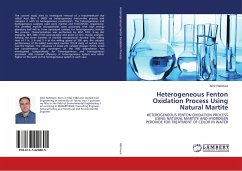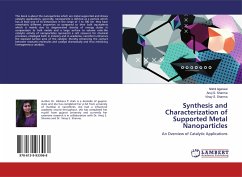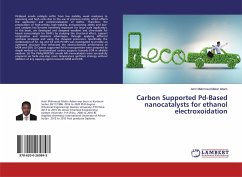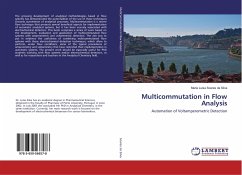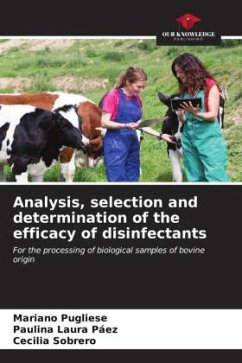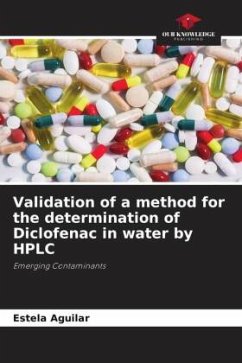
Development of sensors targeting the determination of analytes
in pharmaceutical samples and biological fluids
Versandkostenfrei!
Versandfertig in 6-10 Tagen
45,99 €
inkl. MwSt.

PAYBACK Punkte
23 °P sammeln!
The use of nanoparticles (NPs) and enzymes in the development of electrochemical sensors has been intensified, aiming at the determination of analytes of pharmacological and biological interest. The prepared sensors present higher sensitivity, better electrocatalysis and lower detection limits compared to unmodified electrodes. The NPs provide an increase in surface area, which allows greater access to the electroactive sites on the surface of the electrodes of the analytes studied (susceptible to oxidation or reduction). In this sense, new nanostructured sensors were prepared from nickel doub...
The use of nanoparticles (NPs) and enzymes in the development of electrochemical sensors has been intensified, aiming at the determination of analytes of pharmacological and biological interest. The prepared sensors present higher sensitivity, better electrocatalysis and lower detection limits compared to unmodified electrodes. The NPs provide an increase in surface area, which allows greater access to the electroactive sites on the surface of the electrodes of the analytes studied (susceptible to oxidation or reduction). In this sense, new nanostructured sensors were prepared from nickel double hydroxides and enzymes. Electrodes modified with bi and trimetallic nickel hydroxides were prepared and their behavior characterized electrochemically. The modification of the electrodes based on NPs and/or enzymes proved to be efficient for the determination of several analytes (hydralazine, uric acid, acetaminophen, hydrogen peroxide, glucose and lactate), especially in biological medium. The electrodes were evaluated via voltammetric and amperometric methods associated with batch injection analysis, being possible to work under more favorable conditions



